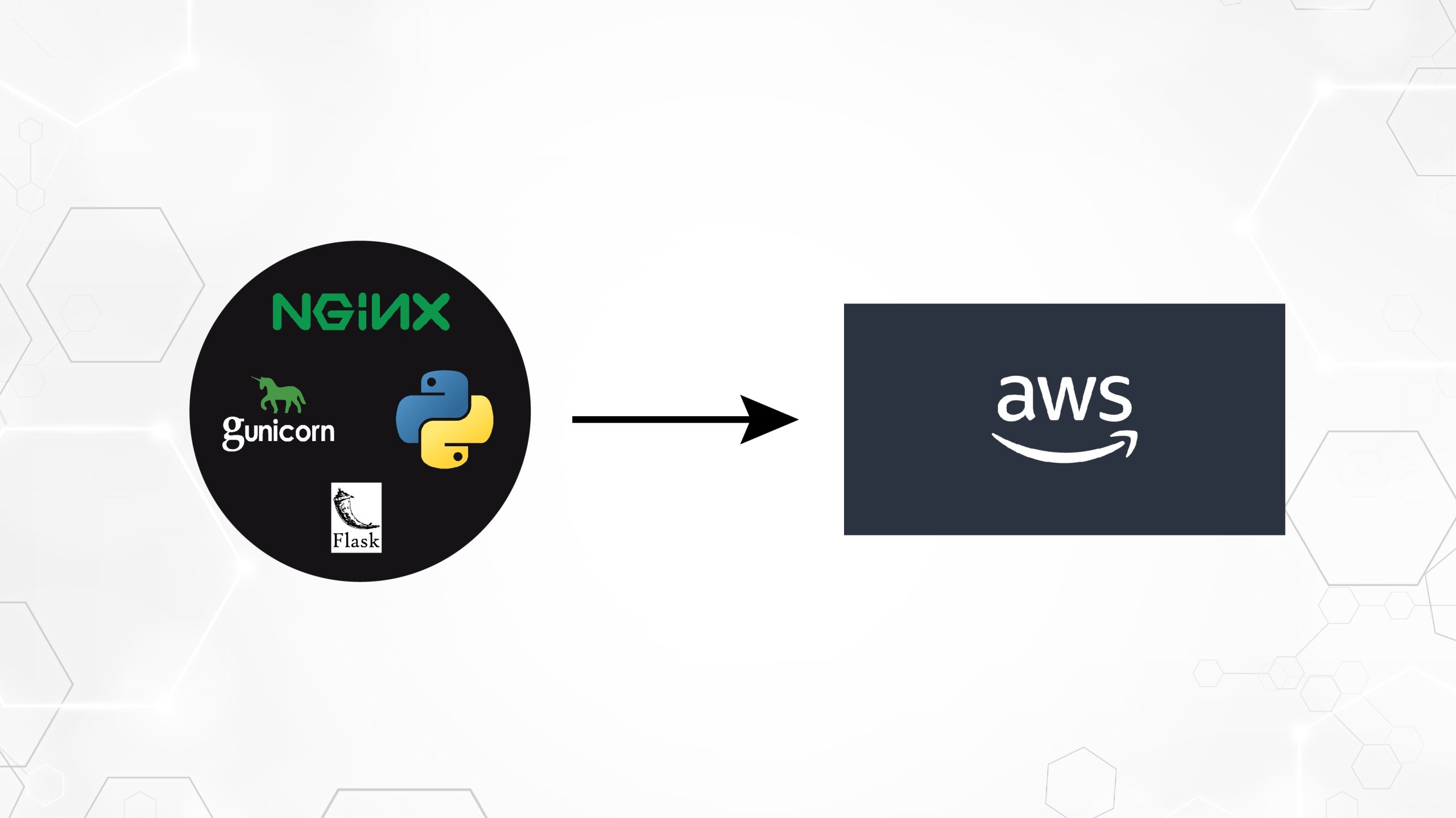Building the Future with AI: Practical Advice for Harnessing the Trend
Artificial Intelligence (AI) is rapidly transforming numerous industries, enabling businesses to automate processes, streamline operations, and unlock new opportunities. As we move into the future, it is essential for companies to understand the potential of AI and learn how to harness this powerful technology effectively. In this article, we will provide practical advice on building the future with AI, along with addressing FAQs that arise when adopting AI solutions.
1. Understand your specific business needs
The first step in harnessing the power of AI is to identify the specific pain points in your business operations. Whether it is automating repetitive tasks, improving customer service, or optimizing supply chain management, understanding your goals will help you select the right AI solution.
2. Start small and experiment
Embarking on an AI journey does not have to be overwhelming. Start small by piloting projects in specific areas of your business. This approach allows you to evaluate the effectiveness of AI applications while minimizing risks. Use these experiments as opportunities to learn and refine your strategy.
3. Allocate dedicated resources
To achieve success with AI, allocate dedicated resources including skilled professionals, infrastructure, and data. Ensure you have a team with expertise in AI technologies such as machine learning and natural language processing. Additionally, invest in the necessary computational power and data storage infrastructure to support AI initiatives.
4. Embrace a data-driven culture
AI relies heavily on data. Therefore, it is crucial to foster a data-driven culture within your organization. Collect relevant data, ensure its quality, and create a centralized data repository. Implement data governance practices to maintain data privacy, security, and compliance.
5. Collaborate with technology partners
Building AI capabilities in-house can be challenging and time-consuming. Collaborating with technology partners who specialize in AI can help accelerate your progress. Partnering with experts in the field enables you to leverage their knowledge, experience, and established frameworks to achieve desired outcomes.
6. Implement ethical and responsible AI practices
While embracing AI, it is essential to prioritize ethical considerations. Implement responsible AI practices by being transparent about the use of AI, ensuring fairness in decision-making algorithms, and protecting user privacy. Develop policies and guidelines that align with industry best practices and regulatory requirements.
7. Continuously learn and adapt
AI is a rapidly evolving field, and staying updated with the latest developments is crucial. Encourage a culture of continuous learning and upskilling within your organization. Invest in training programs for employees to familiarize themselves with AI concepts and applications, and encourage cross-functional collaboration to harness AI’s potential across departments.
8. Addressing common FAQs
Q: Will AI replace jobs?
A: AI will automate repetitive tasks, but it also creates new jobs and enhances productivity. While some roles may change, AI presents an opportunity to upskill and focus on higher-value tasks.
Q: Is AI only for large corporations?
A: No, AI is democratizing. With advancements in technology, AI solutions are becoming more affordable and accessible to businesses of all sizes.
Q: Is AI secure and reliable?
A: AI systems are as secure and reliable as the data used to train them. Proper data management practices, including data privacy and security measures, are essential to ensure the reliability and safety of AI technologies.
Q: Can AI be adopted in non-technical industries?
A: Absolutely. AI has applications across various industries. Non-technical industries such as healthcare, finance, and retail can benefit from AI-powered solutions tailored to their specific needs.
Q: How long does it take to see results from AI implementation?
A: The time to see results can vary depending on the complexity of the AI solution and the readiness of the organization. It is important to set realistic goals and expectations while continuously monitoring progress.
In conclusion, AI presents tremendous opportunities for businesses to transform and thrive in the future. By understanding their specific needs, starting small, allocating resources, fostering a data-driven culture, collaborating with partners, implementing ethical practices, and continuously learning, organizations can successfully leverage AI to build a brighter future.
FAQs:
Q: Will AI replace jobs?
Q: Is AI only for large corporations?
Q: Is AI secure and reliable?
Q: Can AI be adopted in non-technical industries?
Q: How long does it take to see results from AI implementation?










